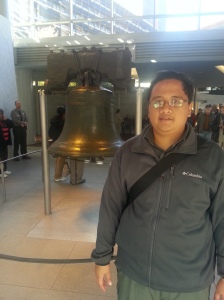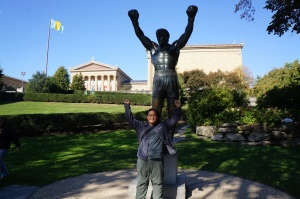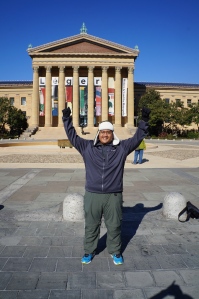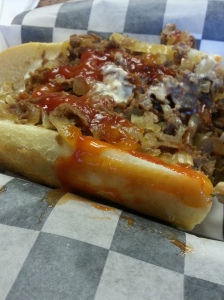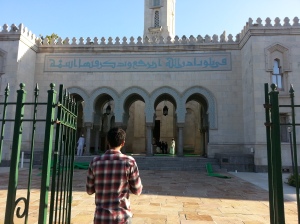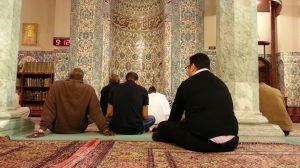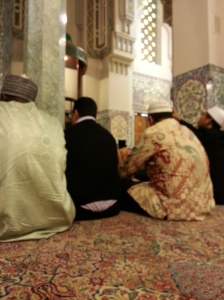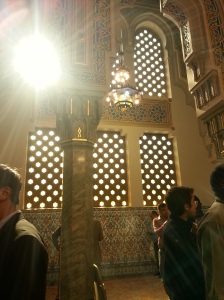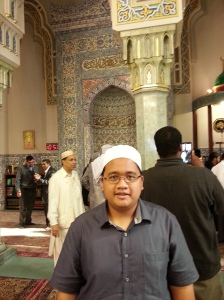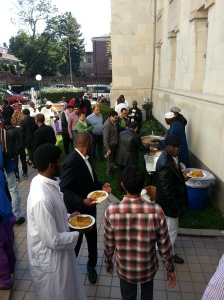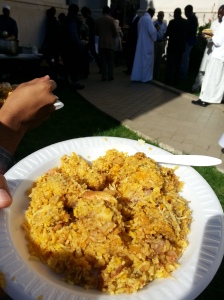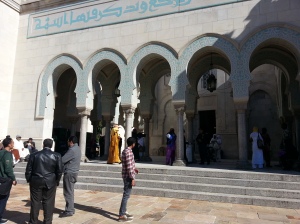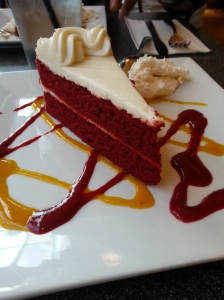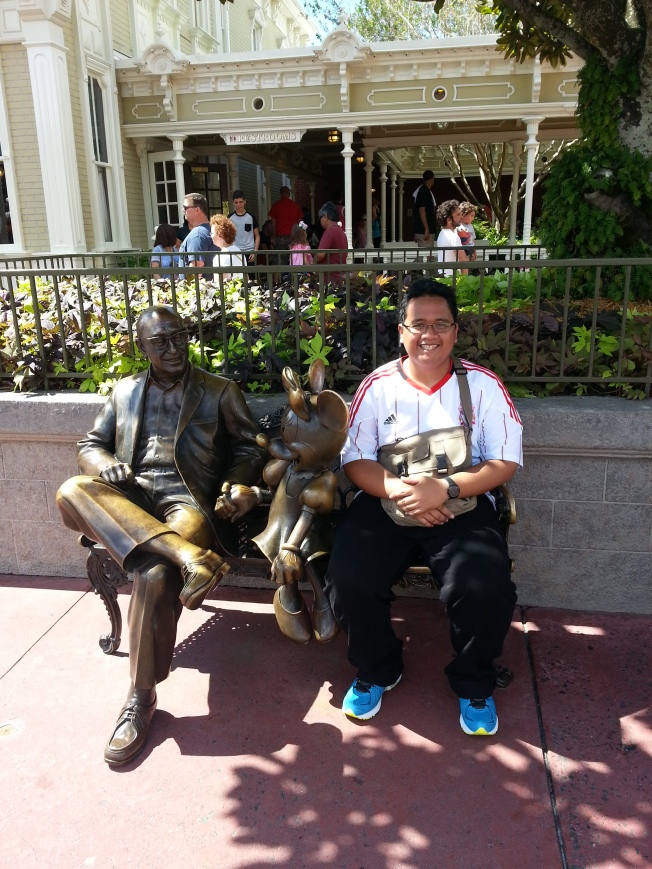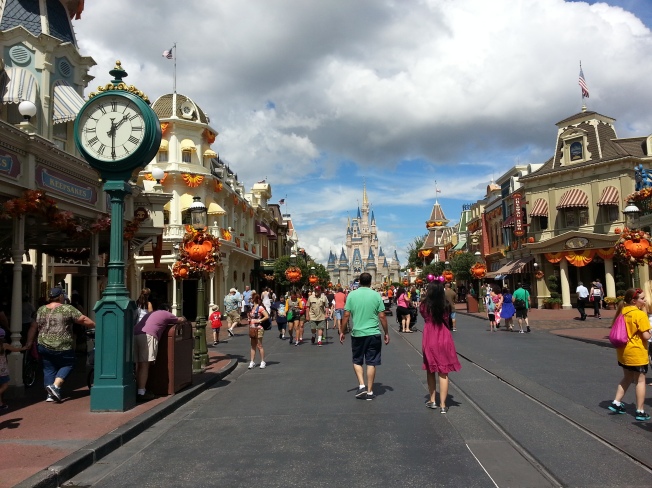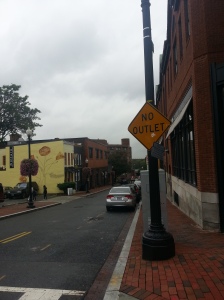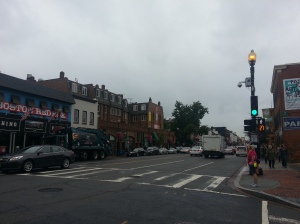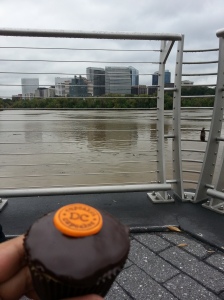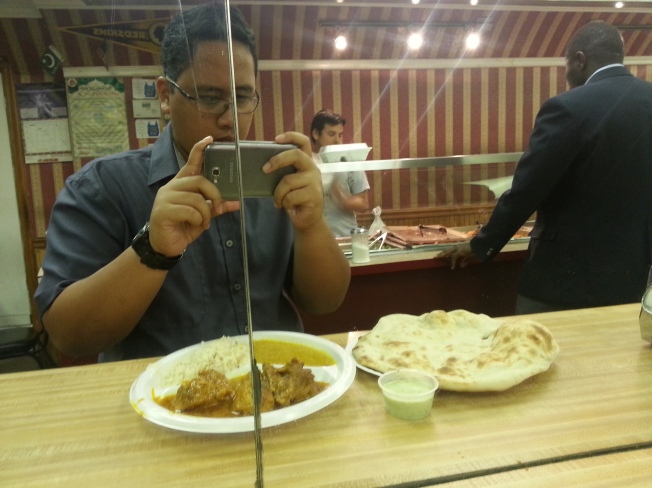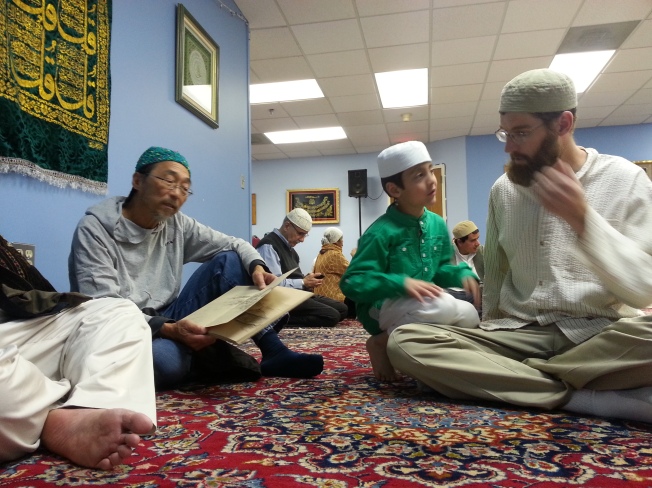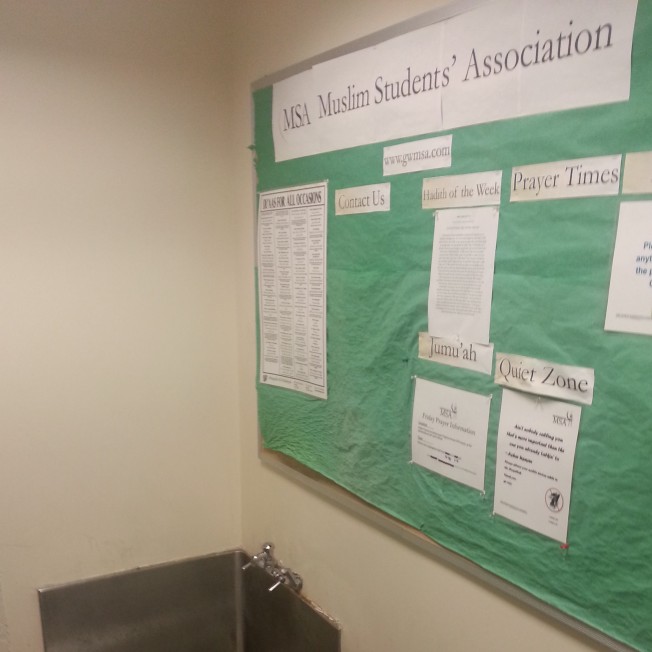By falseconscious
I feel I would be leaving out a large portion of my exchange experience if I do not share my reflections of it, even if it means I am not posting pictures and exciting videos of my "adventures".
What am I doing here? I don't mean this in a bad way.
What do I stand to gain from a SGD$12, 000 debt-incurring (exaggeration) bomb of a trip around the world? What does this proletariat hope to achieve? What do I bring home? How do I find a way to rationalize this?
Some of you have an idea. Some of you are here for a year, and can apply for an internship. Some of you are not here for a year and will be staying for a spring internship. You would gain work experience and a professional network.
What about someone like me who is only here for a semester?
At this moment, some of you will be asking why did I apply for exchange if I do not know what I am applying for. I do know what I applied for. I had to write an essay about why I applied and what I hoped to learn.
My application basically read, in summary, that I am a seeker of knowledge on a journey of learning. I begged for a chance to know why people were so crazy about exchange trips when they came back. I wondered why exchanges are "life-changing" and why people miss being away from their exchange universities.
This blog post during my midterms is the halfway point of my semester-long participant observation. Like an essay half-written, surely, by now, I must have gathered some tidbits of lessons. Surely, by now, I must have some idea of what an exchange is about.
There is this uncanny craze about "Buzzfeed" amongst students. I know because I see all of you on it when I'm trying to pay attention being the only one writing down notes on paper. Here are 3 lessons I have so far:
3. You only know you love something when you miss being away from it.
I have 101 things about Singapore I would like to change. However, I want to go back and change it myself (and this could be me feeding off the spirit of change-making in GWU).
Among the things I miss about Singapore include a world class medical and healthcare system that is affordable and accessible. I got stung by a bee a few weeks ago and I panicked and searched for coverage in my insurance network and opened a new tab on Google chrome to look at WebMD which seems to always tell me I have 2 weeks to live. Now I have a list of 101 things I love about Singapore.
This is probably an unintended effect of being on exchange. I seriously do not mean to say DC is less than any city in the world. I really love it here, government shutdown and all (sorry for those without jobs or pay at the moment).
This moment of separation is like a $12, 000 timeout. It's an investment I am making to be someone who would function better once I return to my society. The desire to return is not just a longing for familiarity. It is a desire to go back home and make concrete actions. For instance, I miss my family and therefore I want to go home and spend time with them.
I broke away from the monotony of island life to come up with an endless list of things to do back home for my personal development, for the betterment of my relationships with my loved ones, for my future career and so on. Missing home is emotional, but it is also a cognitive function that allows one to focus on what matters most and build up a determination to accomplish more.
Let D be determination/homesickness measured by the number of months and C be the number things to change and T be things you want to do when you get back. Let P be the measure of positive effect on an exchange student.
P = D x (C + T)
D and C are always positive integers. Therefore there will always be a positive effect on you. C and T might be zero. If it is, think of something.
2. Happiness
The second lesson I got was about searching for happiness.
Let's face it, you're away from the things you take for granted. You can't download movies on the snail paced wifi. You don't have your local favorite food or drink. You're away from the people you love. You're away from friends.
This isolation begs you to search for a new happiness. The happiness of an exchange student. And the methodology involved in your personal search for it tells a story.
Who do you first think of when you want to call home? That person will give you happiness. Provided you're not calling home for only for money. In that case, you seek happiness in greenbacks. If you're happy with money and you're rich, you'll be fine. If you're not rich, or do not have the potential to be, you'll have to search it somewhere else.
What do you need the most in the dorm? How about in the fridge? What do you like about your roommates? What kind of company do you find precious? What do you think of when you're alone? What do you reach out for, metaphorically?
The best drink is just plain water. The best food, honey, is the vomit of bees. The best perfume or smell, musk, is the secretion of a deer. And sex, is putting excretory parts of 2 bodies together. Even "nature" is telling you, sometimes, happiness can be found in simplicity or even in disgusting places.
Sometimes happiness is a frozen pizza while writing take home papers for midterms. Sometimes happiness is waking up on time for midterms. Sometimes happiness is not having midterms. It's about appreciating what you have. All that, just from midterms.
Personally, when I go home, I'm getting up earlier to do more things that I have made habits here that I don't do in Singapore, like taking a morning walk to get a free cupcake and eat it by the river. Having breakfast with my family or with friends in school would be an equivalent. Increasing my P quotient here (refer to lesson 3). Happiness also takes effort. A smile requires some muscles to move. That means you have to get off your bed and go to class you lazy bum. Carpe as much happiness that Diem offers.
1. Continue to go on "Journeys"
By journey, I mean exploring life.
In a class I had on Mount Vernon, we read Plato's Apology, an account of the trial of Socrates in which the latter proclaims "the life which is unexamined is not worth living". This statement read aloud in a room of fellow goofy wannabe philosophers struck a chord with me.
Look what reflecting in this blog has done so far. That's 2 lessons right there not including this one.
To learn, you have to seek. To live, you have to examine. Otherwise, you're just waiting to die.
My biggest lesson about exchange so far is that I observe and as life continues, I continue to observe and there's always something to learn.
It could be that you learn about the limits of your body. Like how I'll never be able to cycle up Columbia heights in my current shape.
It could be that you learn about your academic life: what kind of lessons are most conducive to learning, what are the qualities of a good student or professor, how different your home college is for better or worse, what are your strategies for success or your plans to just enjoy life as a student.
I guess it's my lesson for you too, and for any prospective exchange student.
This is an investment for you to open your eyes in a situation where very few things are familiar. Observing and examining life is like recalibrating your smart phone compass in a figure-8 movement. Just do it, otherwise you can't see what's on your life map thanks to the annoying notice.
You don't have to be on exchange to examine. You don't have to be on exchange to be happy. You don't have to be on exchange to miss and love things or to make to do lists.
But while you're on exchange, you better start examining exchange life and finding things to do or learn.
